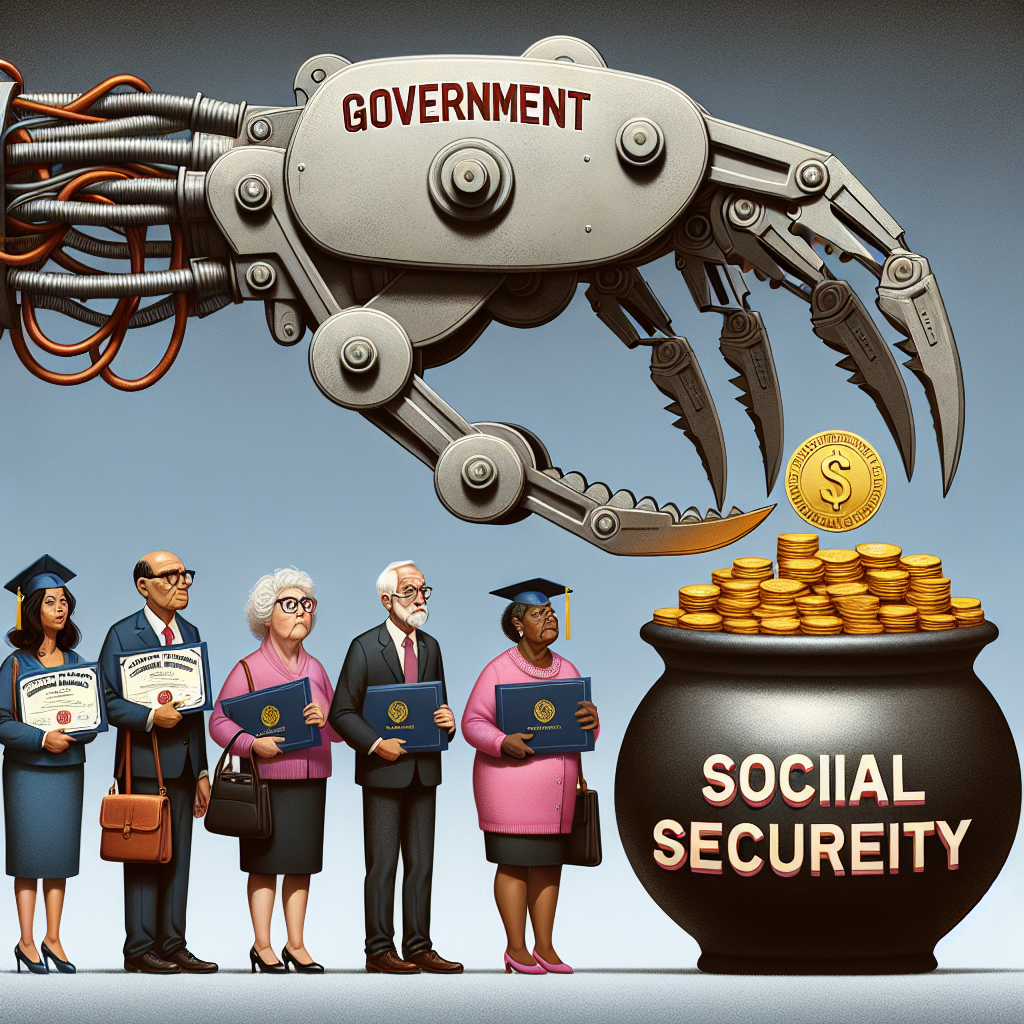Government Resumes Social Security Garnishment for Student Loan Debts, Targeting Older Adults
Government Resumes Social Security Garnishment for Student Loan Debts
Targeting Older Adults
The U.S. government has reinstated the practice of garnishing Social Security benefits to recover outstanding student loan debts, a move that predominantly affects older adults. This policy, paused during the COVID-19 pandemic, is now back in effect, raising concerns about the financial stability of retirees.
Key Points of the Policy
- Resumption of Garnishment: The government has resumed the garnishment of Social Security benefits to collect overdue student loan payments.
- Impact on Older Adults: Older adults, many of whom rely heavily on Social Security for their income, are the primary group affected by this policy.
- Financial Implications: The garnishment can significantly reduce the monthly income of retirees, potentially pushing some below the poverty line.
- Policy Background: This practice was halted during the pandemic to provide financial relief but has now been reinstated as part of broader efforts to recover federal debts.
Concerns and Criticisms
Critics argue that this policy disproportionately affects vulnerable populations, particularly those who are already struggling financially. There are calls for more compassionate approaches to debt recovery that do not jeopardize the well-being of older adults.
Conclusion
The resumption of Social Security garnishment for student loan debts highlights a significant challenge in balancing debt recovery with the financial security of older adults. As this policy takes effect, it underscores the need for a nuanced approach to managing federal debts without compromising the livelihoods of retirees.

































